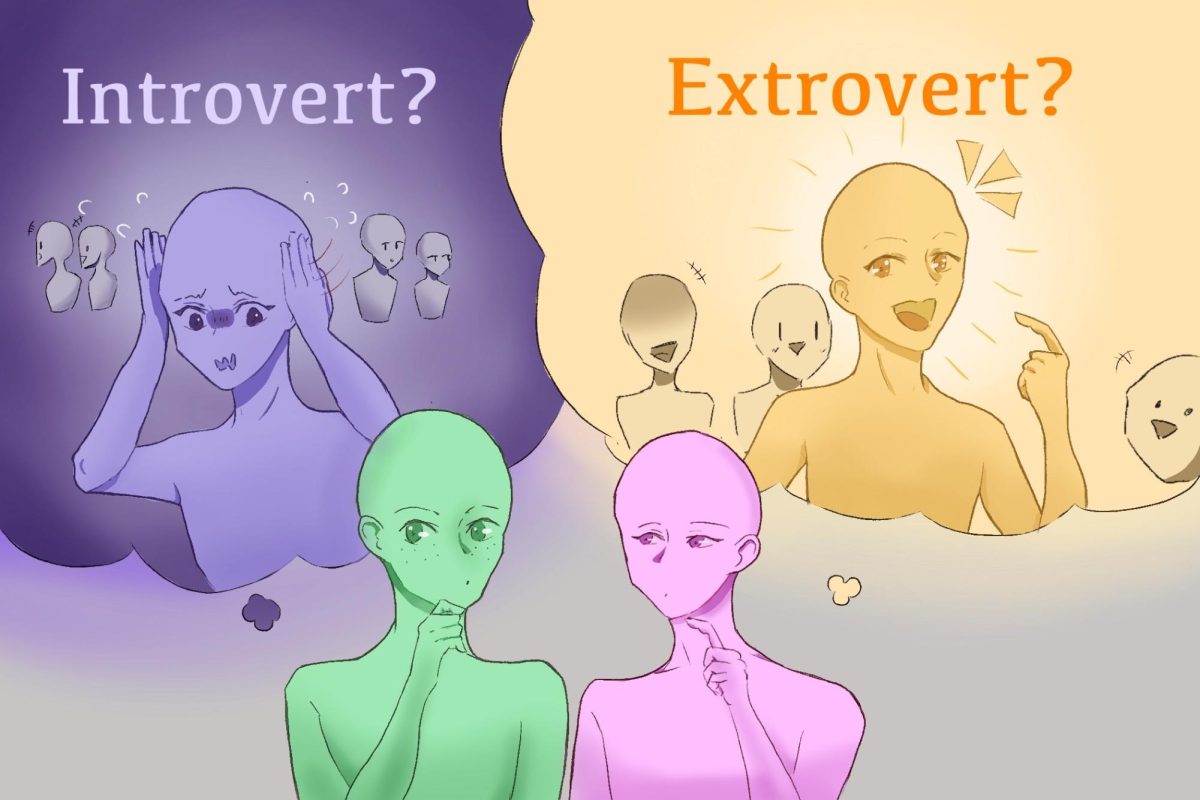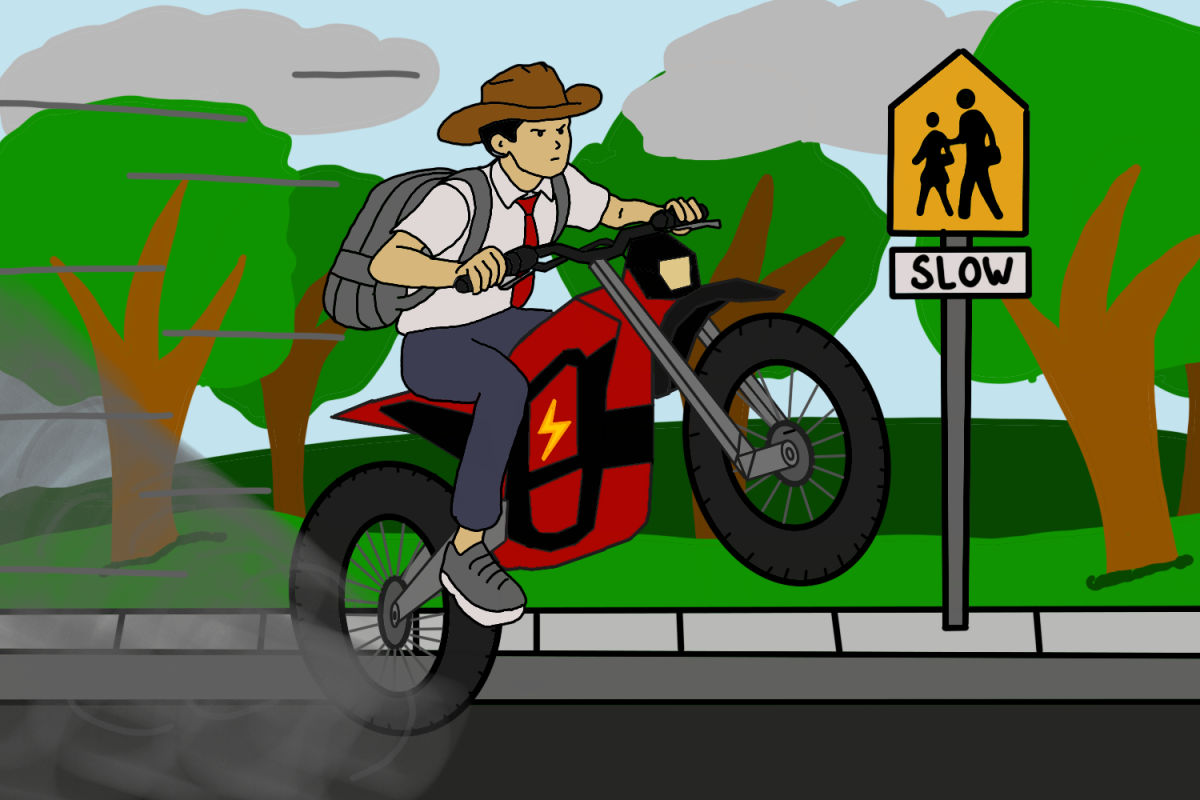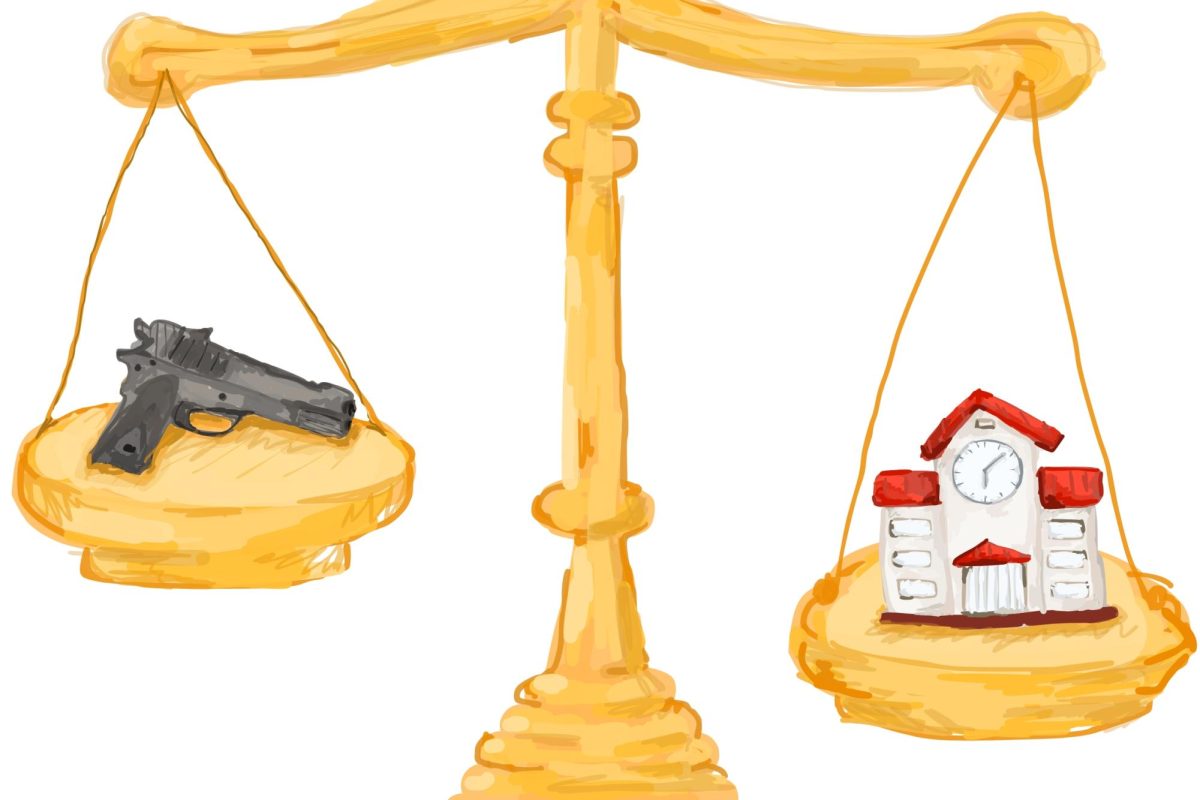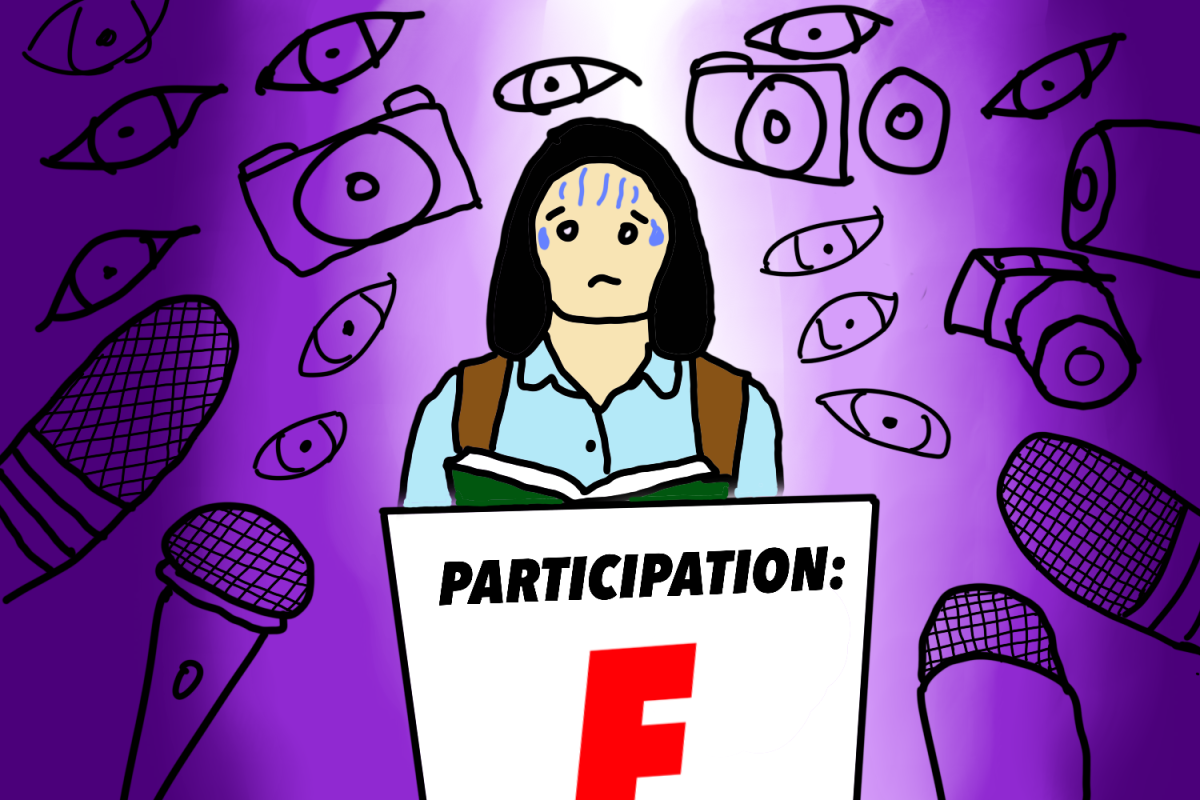As a predominantly introverted individual, I’ve found myself in numerous awkward situations; most are somewhere along the lines of suddenly forcing my head down and walking at an incredibly fast pace when spotting a classmate at the store, or avoiding eye contact by pretending to scroll through the black screen of my phone when I don’t feel like socializing. As a part of the introverted segment of society, I can say that introverts have been generally classified as those who shy away from the spotlight and are invisible to people around them, while extroverted people are those who are friends with the entire school and are always the life of the party. With this in mind, it’s hard for many people to believe that I, too, can be energetic and talkative at times. This obvious deviation from the generally known definition of an introverted personality type proves that the stereotypical definitions of introversion and extroversion should be clarified.
Introverts are almost always referred to as people who don’t enjoy the company of others, who isolate themselves from society as much as possible, but introverts aren’t always the typical fidgety, quiet, and uneasy individual we picture them as. They are people who appreciate their alone time, but this doesn’t mean they shy away from all social interactions. Introverts often enjoy deep thinking and are observant and good at reading the room. This tendency can often lead to the misconception that they have social anxiety. However, these two are completely different. As an introvert, I have a small circle of close friends that I laugh, cry, and am entirely comfortable with. Around them, I allow myself to open up and let go of any nervous feelings. On the other hand, having social anxiety can cause a person to be extremely self-conscious and afraid to speak with anyone. Every so often, I do find myself trying to get out of conducting small conversations with classmates, teachers, or other students, but, for the most part, I believe I can be a very talkative person at the right times. In summary, introverted people can be conversational in comfortable circumstances, but are generally more reserved and quiet than extroverts.
Extroverts are usually known as chatty and popular people, with many friends and acquaintances. Extroversion is also typically synonymous with being able to easily start conversations—even with a stranger. To the world, extroverts are the natural leaders of their large friend groups and often voice any opinions they hold. But, it’s important to note that even cool, smooth, “perfect” people can be affected by the previously mentioned social anxiety, as well as other disorders and illnesses. Though ideas like this can easily slip our minds, extroverts might suffer from constant peer pressure and their persistent need to be noticed, liked, and accepted by everyone. Furthermore, extroverts aren’t always the loudest people in the room. They can partake in the simplest of actions, such as having the confidence to approach and introduce themselves to the new student or settle into the place as the “leader” in a group project.
As you can see, the stereotypes of introversion and extroversion are remarkably inaccurate. Personality misconceptions are common in modern society, but that doesn’t make them right. One might jump to the conclusion that a naturally quiet and pensive individual won’t ever raise their voice or might not have many friends—or maybe they’ll assume that someone who is outgoing and sociable isn’t the type of person to reflect deeply about conversations or have insecurities.
The concept of a social battery is often used to clarify this line between introverts and extroverts. This battery level represents how much socializing a person can handle. Extroverts tend to have a lower battery depletion rate, allowing their social energy to last for longer periods of time, for example, during parties, outings, or conversations. Introverts, on the other hand, might become tired of interacting and may need some time to “recharge” their social battery. For instance, whenever I go shopping with friends, I somehow always manage to be the first to snap at someone who begins to irritate me, the first to say “I’m tired, let’s leave,” or the first to have a complete collapse of motivation to continue through our ever-increasingly long journey through the mall. However, once I’m able to sit, calm down, and maybe even have a coffee, I become my “normal,” enthusiastic self.
The simple situation of being misunderstood by others relates to the misconception of personality types, specifically introverted and extroverted personalities. It can be insulting to tell an extrovert that they shouldn’t be shy or introspective or to tell an introvert that they don’t “seem as timid” as they should be. This opinionated perception can really upset someone the same way as the previous examples showed.
Introversion and extroversion are frequently viewed as extreme, polar opposites. However, these widely perceived “roles” aren’t always the accurate representations of introverted and extroverted people they should be understood as. It is nearly impossible for a person to be purely extroverted or introverted; many people take a dip into each personality, whether it be a larger or smaller dip. The fact that someone can both be outgoing and not like social events at the same time needs to be understood.
Graphic courtesy of RACHEL LEE








Anonymous • Dec 12, 2023 at 11:39 PM
I usually feel introverted whenever I hang around people I somewhat know. I become extroverted whenever my friends come around. Tbh I really am not an intro or extrovert. More of like: “I want to share, but share with a limit”.
Brad Burke • Dec 23, 2023 at 3:48 AM
You are probably an ambivert then. Right in the middle.